Recently, a listed company is about to be delisted.
It is one of the five original stocks of Shenzhen, Shenzhen Yuanye, now known as ST Xingyuan.
Many new investors are not very clear about the five original stocks of Shenzhen, but the older generation is basically very familiar with them.
Shenzhen Development, now known as Ping An Bank, code 001.
Shenzhen Vanke, now known as Vanke A, code 002.
Shenzhen Jintian, now delisted, code 003.
Shenzhen Anda, now known as Guohua Network Security, code 004.
Shenzhen Yuanye, now known as ST Xingyuan, code 005.
These five are the first batch of listed companies in Shenzhen.
After listing, Shenzhen Yuanye's increase was the largest, more than 10 times, so it was called the "Shenzhen Stock King" by retail investors in Shenzhen and Hong Kong.The popularity of Shen Yuanye is also due to many other reasons.
For example, Shen Yuanye was the first Sino-foreign joint venture listed company.
For example, Shen Yuanye was the first to engage in fraud, and was ordered to stop and rectify in 1990 due to fraud.
Later, in 1993, in order to get rid of this not-so-good negative impact, Shen Yuanye changed its name to Century Star Source, which is now known as ST Star Source.
Since then, Century Star Source has embarked on a path of "helplessness."
It has been involved in real estate, serviced apartments, clean energy, and water resource infrastructure construction, but no matter what it does, it just doesn't make much money.
The company has been listed for more than 30 years, and its best performance was in 1998, with a net profit of 151 million yuan after deducting non-recurring gains and losses.
In 2019, the net profit reached 175 million yuan, but the net profit after deducting non-recurring gains and losses was only more than 50 million yuan.
As for losses, they are a common occurrence. After 2008, the net profit after deducting non-recurring gains and losses was almost negative every year, with only 2019 being positive.
But according to the rules, as long as the net profit is positive for one of the three years, the company will not be forced to delist.Century Star has survived for more than a decade with great difficulty, having been listed and delisted multiple times, but it has always remained resilient and not been delisted.
All kinds of financial means, all kinds of asset sales, in short, everything that could be used has been used.
And this time, the delisting of ST Star is not only due to consecutive years of losses, but also because the market has lost patience with it, and the stock price has been below the face value of 1 yuan for a long time, leading to delisting.
Such a listed company with an annual revenue of only 100-200 million, long-term losses, relying on delisting rules and financial systems, and turning positive by selling assets.
Finally, the road to delisting means that the market is slowly maturing, and the selection of stocks by funds is more particular.
Although in the past two years, the delisting system is not perfect, and the voices of more listings and fewer delistings are still endless.
But in fact, there are indeed many listed companies that have been delisted from the market.
Compared with the previous years, it can be described as "rapid progress".
In 2023, 44 listed companies were delisted.Although the proportion of delisted companies is still not as high as that of listed companies, it is not a small number either.
Of course, among the more than 5,000 listed companies, there are still more than 1,000 that have suffered operational losses, which means that there are far more than just a few dozen junk companies.
With the progress of the times and the improvement of the system, the number of delisted companies will definitely increase, and this trend is irreversible.
The main reasons are as follows.
1. Under the registration system, the value of shell resources has plummeted.
The speculation of junk stocks is nothing more than two types.
One is to turn losses into profits, and the other is asset injection.
The first type can be achieved by companies with cyclical attributes.
After the counter-cyclical period of some industries, the performance of listed companies can be significantly improved.
However, for non-cyclical companies, expecting a significant increase in profits can only be achieved through asset injection, by putting good things into the shell of the listed company.Once upon a time, the market was very fond of hyping up reorganizations.
But nowadays, this situation is becoming less and less common.
Under the registration system, high-quality companies have too many pathways to go public, so there is no need to rely on shell companies.
Moreover, the authorities are very cautious about shell companies, and the number of approvals is actually very few, while there are many red lights.
2. Capital tends to be rational and looks down on junk stocks.
Nowadays, capital rarely speculates on junk stocks.
The market value of junk stocks is often not large, some only have a few hundred million, and the actual circulation may be even lower.
On the one hand, large capital cannot enter these stocks for speculation, as the capacity is not enough.
On the other hand, with so many market targets, finding a non-losing speculation will not be worse than a losing one.
Especially for ST stocks, the price limit is only 5%, which capital finds even more uninteresting.The article talks about the nature of stock market speculation, the risks associated with "garbage stocks," and the evolving regulatory environment. Here's the translation:
Speculation in the stock market is all about timing; time is money. When the market's hot phase is over and there's no more capital following the trend, there are hardly any takers left, and the profit effect is poor. As for "garbage stocks," let them be in the trash bin; that's the current attitude of capital.
1. The market's tolerance is gradually decreasing due to stricter regulations.
In the past, special treatment (ST) stocks would typically be announced after the release of performance reports, and capital was mentally prepared for this.
Nowadays, many ST stocks are "suddenly" labeled due to some issues that lead to suspension, and upon resumption, they are directly labeled.
The market's system is being perfected, with zero tolerance for companies that commit fraud in going public or engage in financial fraud.
This leads to the possibility of stepping on a mine at any time.
Being labeled is still minor; in severe cases, the company may be directly delisted.
Under such a system, capital certainly does not dare to buy unfamiliar garbage stocks rashly. Although the stock price seems low, it becomes worthless once delisted.
Moreover, with continuous limit-down trading, there is no chance to escape, and capital can easily shrink significantly.4. Overabundance becomes a disaster, the transformation of the crow into a phoenix is too rare.
In the past two years, it's not that there has been no speculation on delisted stocks, but the proportion is too low.
There are more than 100 companies with ST, *ST, etc.
Even if there are 3-5 companies that have transformed from a crow into a phoenix, the proportion is still very low.
Many *ST companies, even if their financial situation is rescued, the actual situation is also very bad, it can be said that it is saved for a while, but not for a lifetime.
The phenomenon of delisting stocks rising sharply is becoming less and less.
The effect of making money and losing money is not equal, the market's attention is low, and the overabundance of junk stocks naturally no one speculates.
The market's attention and focus are the real key to the stock market.
The market has a lot of high-quality stocks, blue-chip stocks, and even thematic stocks, why should we pay attention to these companies with heavy debts, only left with shell resources.
The number of listed companies is increasing, the number of junk companies will naturally not decrease, and the number of delisting companies will also rise with the tide.The secondary market has lost its significance for these listed companies that have been suffering losses year after year.
These companies are also finding it difficult to provide more value to the market.
The perfection of the delisting system is inevitable; let the glory of the former stock kings remain on that page of history.
The old eight stocks of Shanghai and the old five stocks of Shenzhen, these companies that have benefited from the market dividends, will ultimately have to rely on their own abilities and invest real money to survive in the torrent of the times.
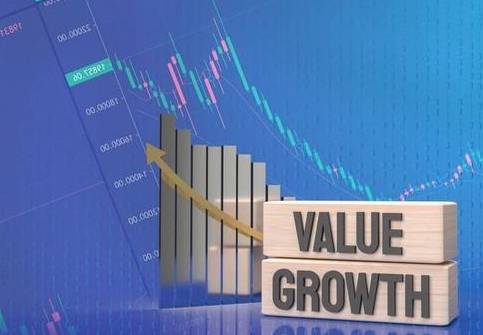


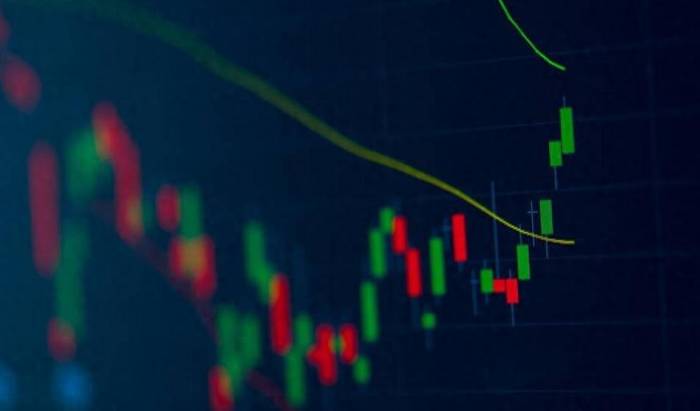



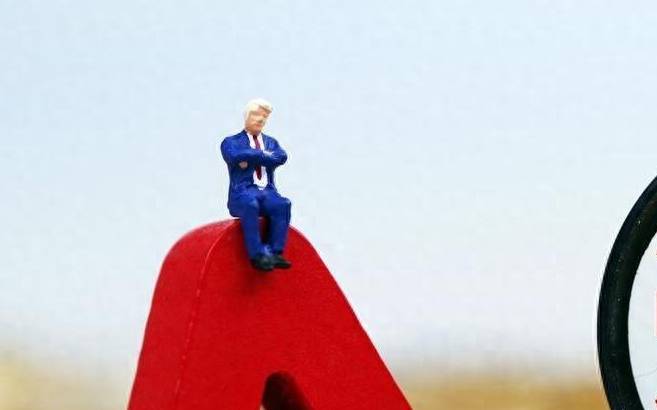


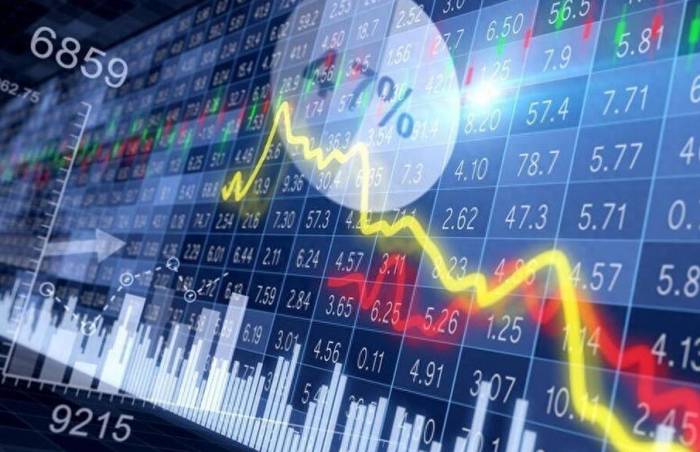








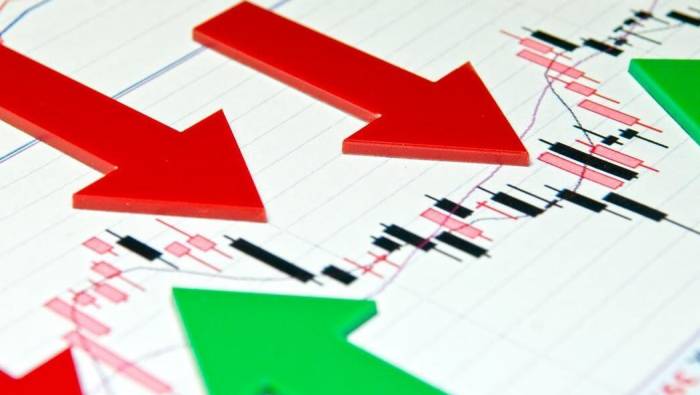




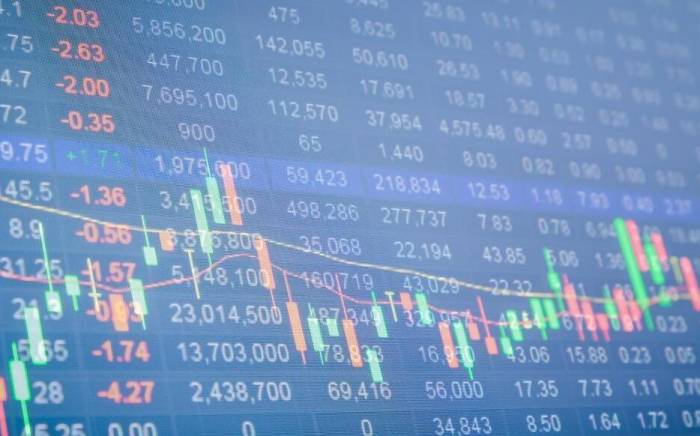
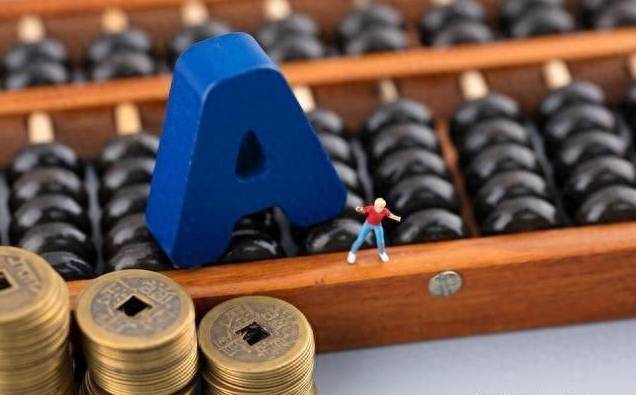

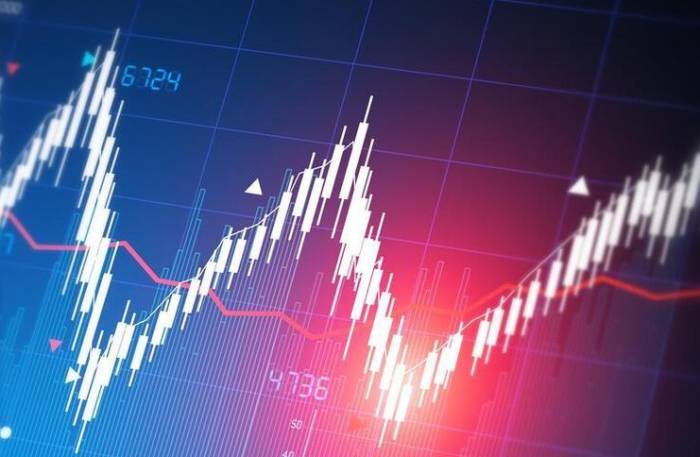

Join the Discussion